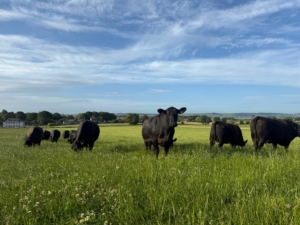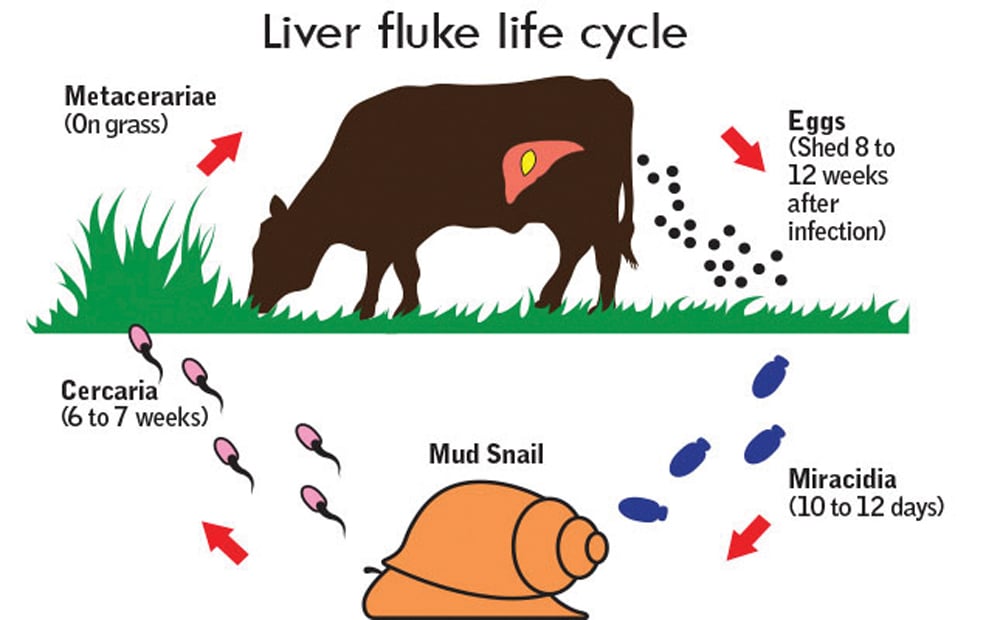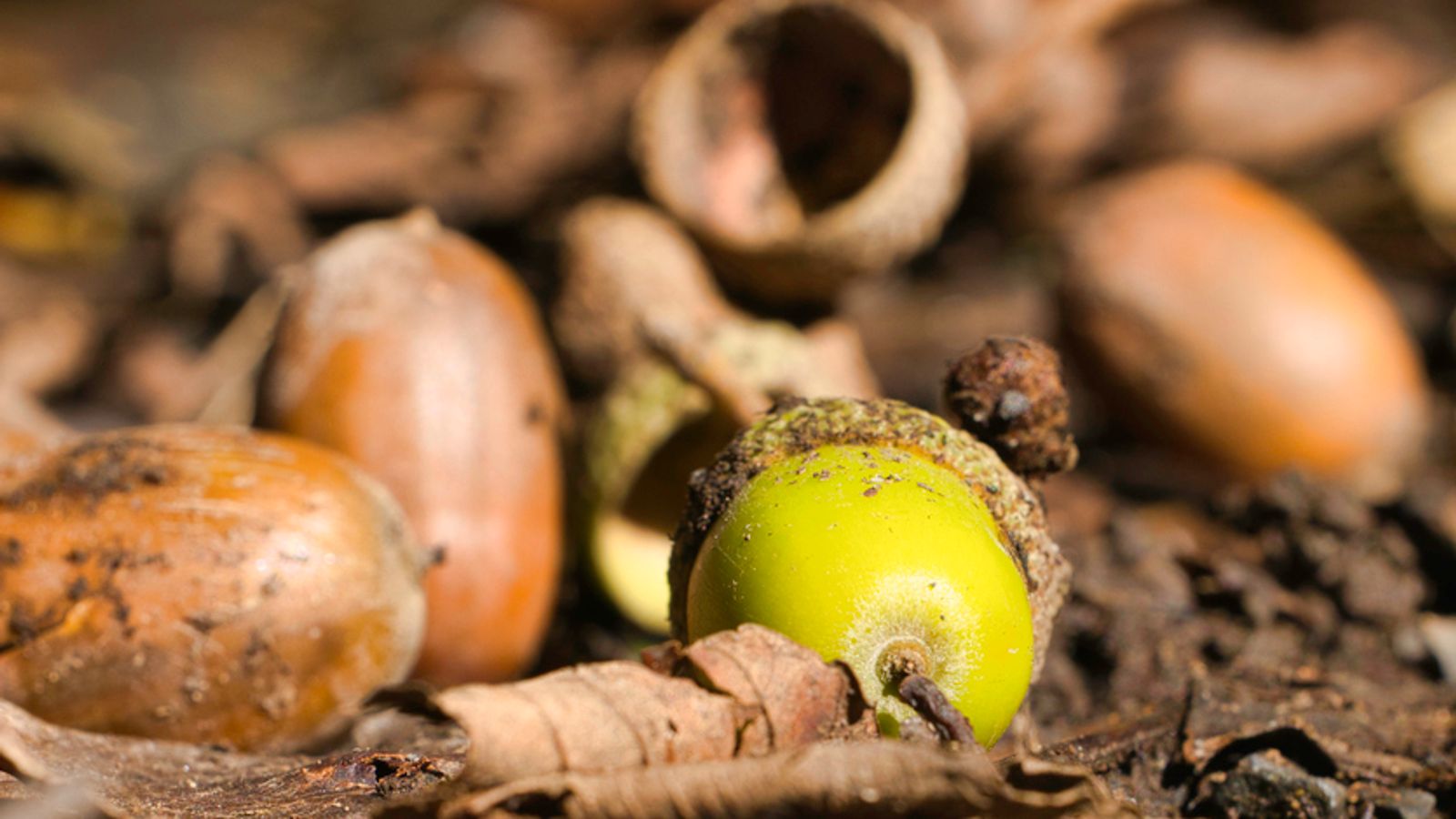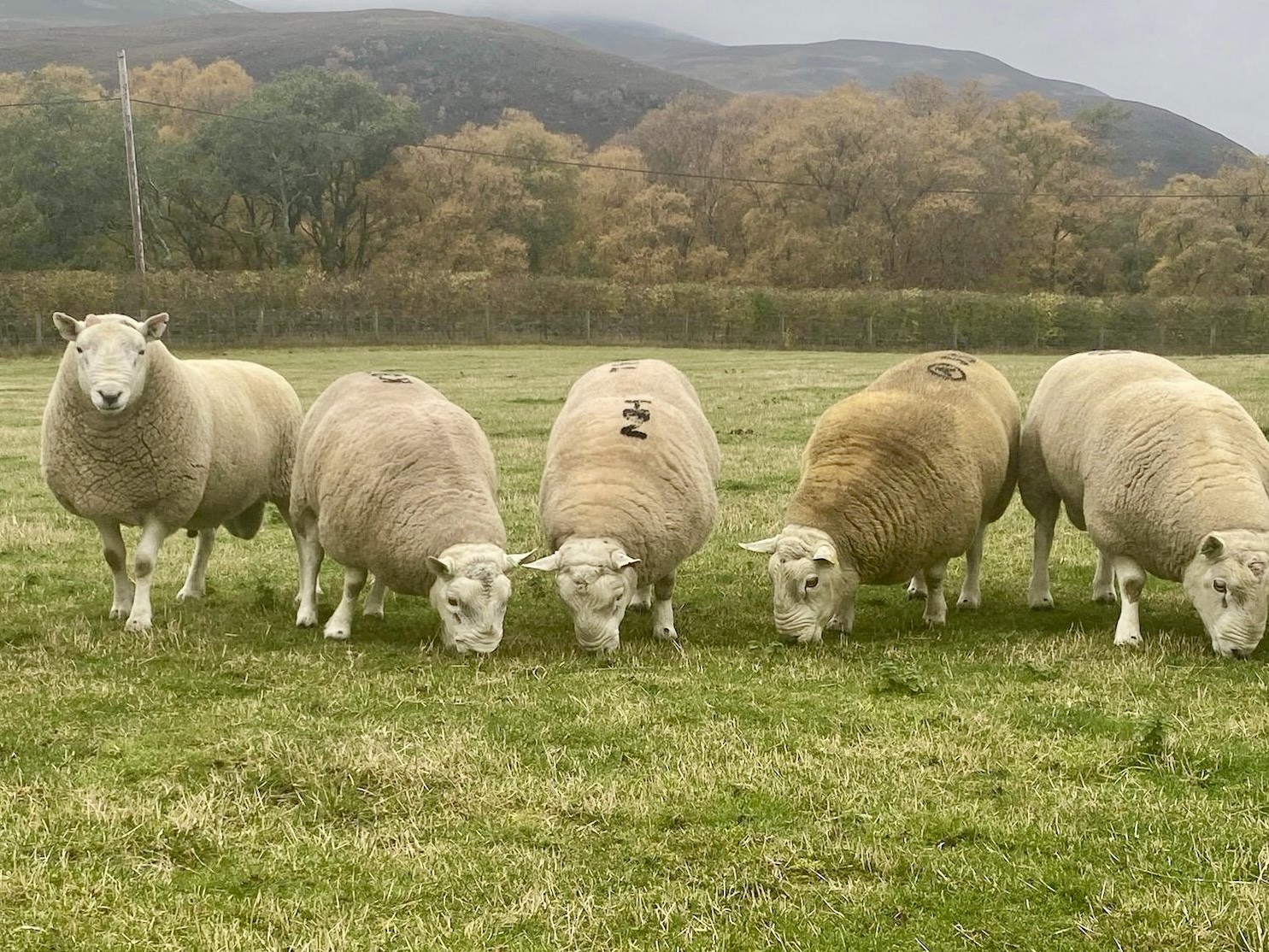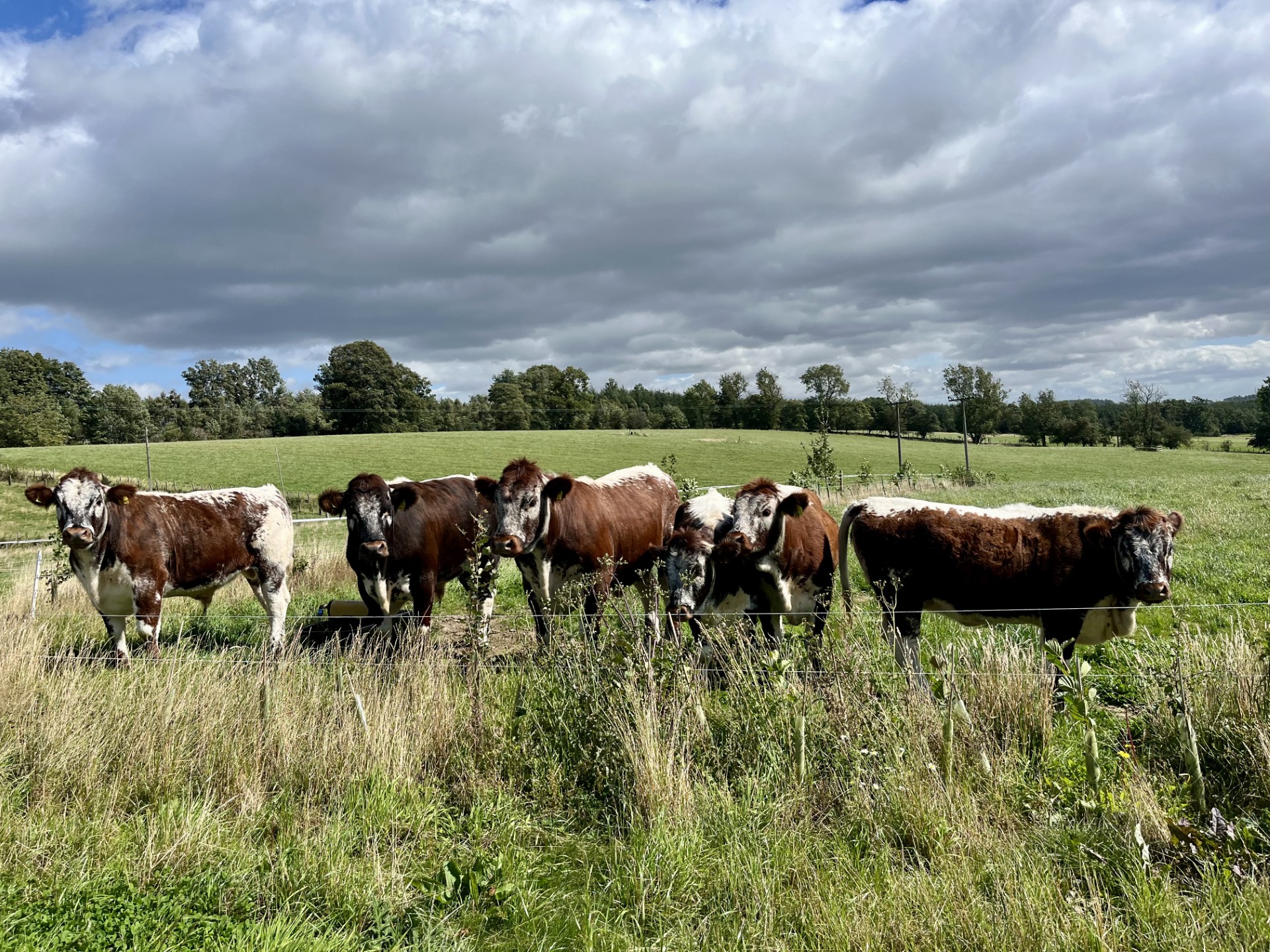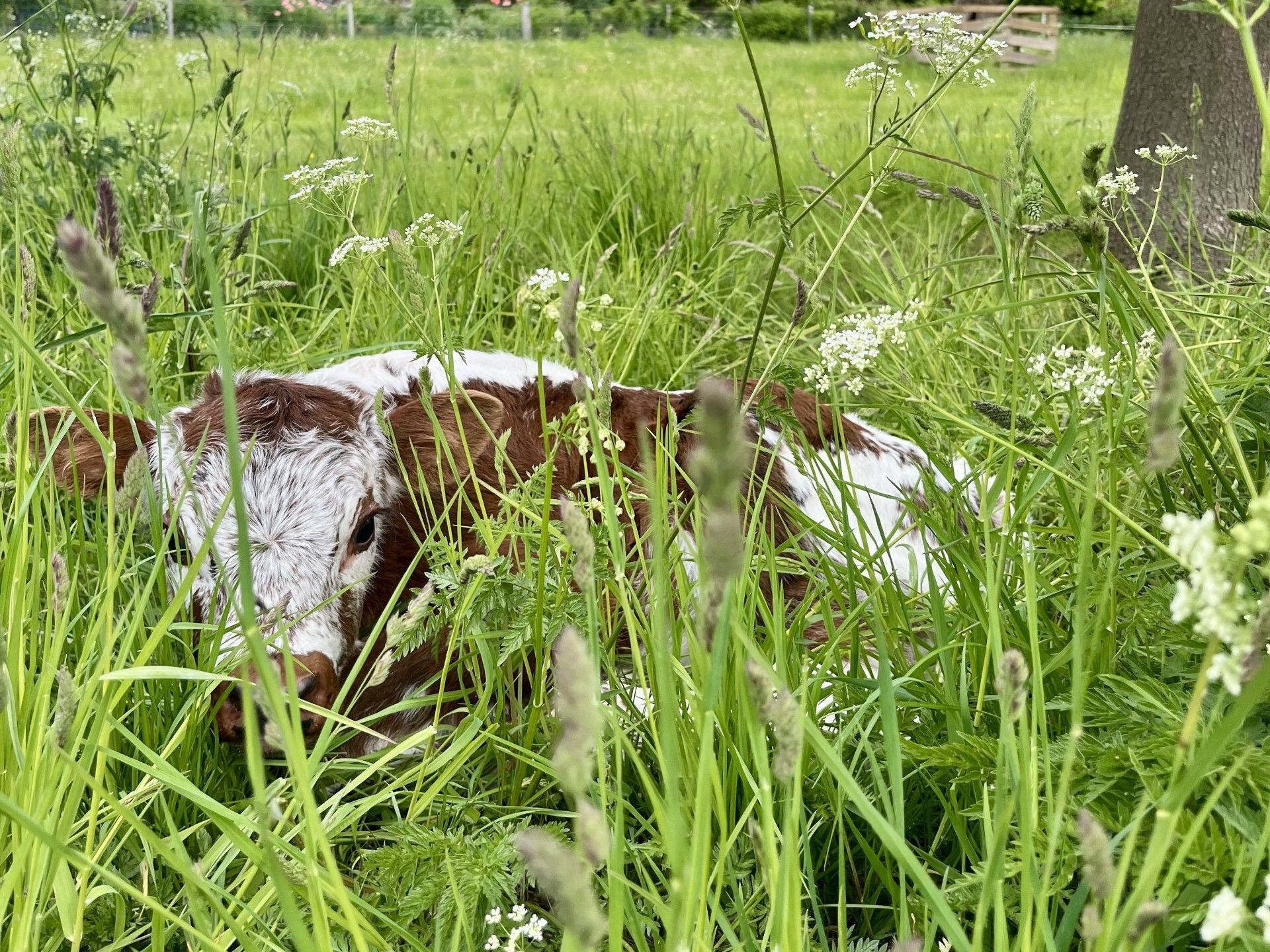Farm Newsletter July 2025
July sees us step into our quieter time of year with most of the routine work complete and bulls out for most. We continued to deal with a lot of individual cases of lameness – mostly in bulls who have gone out for a few weeks and then gone down with a foot problem. The causation for this is often underpinned in how bulls are reared as youngsters – rarely do we see issues with bulls that have been more naturally reared! A long winter on dung doesn’t help too which leads to a softening of the white line and this becomes an easy entry point for a small bit of stone to work its way in.
The quieter summer months are a good opportunity to catch up with health planning. We try to keep on top of this from our end but as a reminder, to be compliant from both a quality assurance point of view, and for us to be able to prescribe medicines, we need to have that health plan updated every 12 months.
Our synchronise and AI service continues to grow with many more adopting this this year (a tighter calving and faster genetic improvement, what’s not to like?). We look forward to getting the results of our efforts come scanning time, but it’s been a pleasure to see calves on the ground from last years inseminations as we go about our rounds.
Team Update
|
|
|
Bluetongue Update
Some key thoughts/considerations:
- Effects on herds and flocks can vary. In milking cows it can cause significant milk drop. In pregnant cows or sheep it could cause embryo loss or abortion. In males it could cause infertility lasting at least 60 days. In sheep it may cause mortality. But in many animals it may also cause barely perceivable signs.
- If you suspect BTV you MUST report it to your vet or APHA.
- England is all now within one restriction zone, meaning freedom of movement. This may increase the spread within England and the spread further north and west.
- Midges need an average day/night temperature of at least 13c for a period of time for BTV to replicate within them.
- For us this means IF we get BTV it is not likely to be until later in the midge season – September/October.
- But, vaccine courses need to be complete 3 weeks prior to infection to be effective. Vaccination will not totally stop the spread of disease but will reduce it and will stop clinical signs.
- For Bultavo BTV 3 sheep need one injection. Cattle need two, separated by four weeks. Cost is about £3/dose.
- We would strongly advise vaccinating dairy cows.
- We would advise vaccinating breeding males in advance of breeding.
- We would advise vaccinating pedigree animals and those of high genetic merit.
- Vaccination of other stock would provide peace of mind should the situation rapidly change for the worse. Should infection spread fast and vaccine supplies run short, you’ll be glad you vaccinated!
- We would not advise vaccinating spring calving cows now whilst bulls are out. But once bulling is complete it may be suitable to vaccinate. Vaccination is safe during pregnancy but handling of cows during bulling or for the month after may be disruptive.
How few lambs can you worm this summer…?
Over treating is one of the biggest causes of development of wormer resistance, and wormer resistance is one of the greatest threats to our ability to rear sheep with a profitable margin. Over treating also has a significant impact on the environment, which in turn has effects on soil health and our ability to grow grass whilst trying to reduce costly inputs.
Managing resistance can be complicated, but just picking up on a few simple tips will make a huge impact. Below are a few pointers for reducing the number of worm doses you use this summer, but for a deep dive into the subject let us know.
1. Only treat off the back of a confirmed problem. Worm egg counts are simple to carry out and often return same day results. WECs need interpretation with how the sheep are doing and what they are grazing but are the first step to reducing wormer usage.
2. When worming, only worm those that need it. Ideally only worm those performing under a certain weight gain (<250g/d pre-weaning). If DLWG is not available then simply leave the better performing animals untreated. These animals may have a slight worm burden but it is not affecting their growth.
3. Utilise clean grazing where possible. Following weaning, lambs should move to cleaner grazing. BUT dose and move will mean only resistant worms will be taken to the clean pasture, contaminating them with highly undesirable worms. Either dose, return to dirty pasture for 2 days, then move. Or leave at least 20% stock untreated and move.
4. Think about medium-long term strategies. What can you do this year, that means in future years you will rely less on chemical wormers? This could be purchasing a tup bred for resistance to worms. It could be planting a herbal ley that has natural anthelmintic properties and high in growth boosting energy and protein. It could be realising that this year you have no clean grazing for lambs but with a bit of planning for next year this would be possible.
Embracing these few simple things will make a big difference, but there’s so much more that can be done too and we’d be delighted to discuss.
Blackleg and Clostridial Disease in cattle
Shortly after turnout we dealt with a number of cases of sudden death in cattle. This is not uncommon, and through the summer we would expect to hear of a few more cases. Often these are put down to “one of those things” but where investigated, clostridial disease, and more specifically “Blackleg” tends to be the leading cause.
Vaccination for Blackleg (and other clostridial diseases) is incredibly cheap in cattle and the prevention of just one loss will easily offset the investment. Please give us a shout to discuss.
Reminder – Enzootic Abortion Vaccination – and Toxovax too
A wee reminder that we expect supplies of enzootic abortion vaccine (Cevac Chlamydia) to be tight in the second part of the vaccination season. This is due to increased demand following lack of supply last year. Last years unvaccinated replacements, as well as this years fresh replacements should be vaccinated at least 1 month pre-tupping but can be done any time in the lead up to that. We are happy to hold stock in our fridge until you need it.
Toxovax can now also be ordered, we are not aware of any supply issues here but as ever, this can be a sticky one so it is best to order well in advance and get it into the sheep if you can! Again, it needs to be given one month pre-tupping and can be given alongside Cevac (but doesn’t have to be).
As a final word of warning – EVERY YEAR someone who thought they didn’t need to vaccinate goes down with a devastating abortion outbreak, don’t let it be you next year. Please talk to one of us to discuss your risk levels.
Kirrie Show
We again look forward to this years Kirrie show on Saturday 19th of July – if attending please stop by the tent for a a refreshment and a chat – it’s always good to catch up with folks when not at the coal face or shoulder deep inside a cow! Hopefully it will be a less soggy day than at Alyth show – well done to all who turned out for that one!

